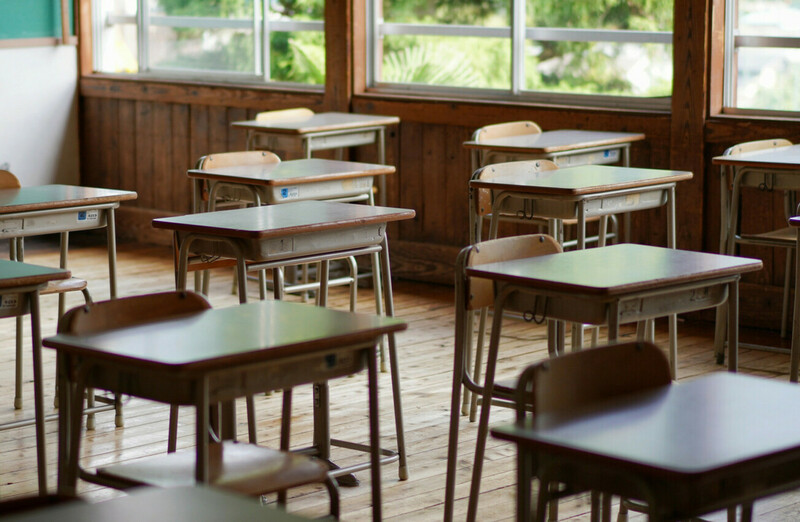Focus on Sexual Abuse Leaves Physical Abuse Unaddressed
Victims of sexual and physical abuse within the Irish education system have voiced frustration over the exclusion of “barbaric” corporal punishment from a major new inquiry into abuse in Irish schools. The current focus of the investigation has sparked anger among those who were subjected to extreme physical violence, which they believe should be included in the review.
Minister for Education Helen McEntee recently announced a new Commission of Investigation into historical sexual abuse in all Irish day and boarding schools, appointing a retired High Court judge to lead the inquiry. However, the scope of the commission is limited to allegations of sexual abuse, leaving many individuals who also experienced physical abuse feeling overlooked and disappointed.
Survivors have shared stories of beatings and attacks that occurred in their primary and secondary schools, some of which date back to after 1982—the year when corporal punishment was banned in Ireland. These accounts highlight the harsh treatment that children endured, often under the guise of discipline.
The Department of Education’s Scoping Inquiry into allegations of sexual abuse in schools noted that participants described the violence experienced by pupils as going beyond an acceptable level, including what might have been considered excessive corporal punishment at the time. Some respondents felt that this “excessive disciplinary and day-to-day violence” within schools should be included in a future inquiry.
One man in his 50s told The Journal that it feels as if the government has forgotten about his and others’ experiences by not including physical abuse in the new inquiry. He has previously secured a conviction against a former Christian Brother in the south-east and believes that the physical abuse he and others suffered needs to be addressed by authorities.
“It’s completely out of order what happened to us but there’s no investigation,” he said. “It seems to me that it’s a secondary thought for the simple reason that the sexual stuff is so much more to the forefront in people’s minds.”
He recounted how a teacher once placed his arm on a desk and smashed it, causing severe pain. He had to go home with the injury, and his parents allowed him to leave school after that. He believes that the teachers used physical abuse as another way of controlling students, deriving a sadistic type of gratification from the assaults.
Another man, who attended school in the midlands in the early 1990s, recalled how he and his classmates were treated by one teacher. They had to kneel on the shaft of a sweeping brush for up to ten minutes, regardless of the pain. Other times, the teacher would put the child underneath her desk and start kicking them. This treatment was described as barbaric and degrading.
Retired High Court judge Mr Justice Michael McGrath has been appointed to chair the commission, which has a five-year time limit to complete its work. The chair, as well as additional commissioners, will be in place by 1 October.
The commission will launch a survey at the outset to help identify the scope of the inquiry. A survivor engagement programme will also be established to inform the language, content, and communication of the survey, following a recommendation by a scoping inquiry last year.
When contacted, the Department of Education stated that survivors want the process for the Commission to be done in a timely manner, focusing on sexual abuse in schools. This requires the commission to complete its work in five years using a sampling approach for allegations.
The department was asked whether there were any plans to address allegations of corporal punishment, both before and after the 1980s ban, in any Commission of Investigation. A spokesperson for the Department emphasized that it takes child protection very seriously and considers the protection and welfare of children a fundamental responsibility of all involved in their care and education.
“The details of any concern reported to the Department, including reports which relate to historical abuse, are immediately passed on to the relevant authorities, that is, Tusla-the Child and Family Agency, An Garda Síochána and/or the school authorities as appropriate, in line with the Department’s procedures for staff,” the department said. “The Department has no statutory role in investigating child protection concerns or allegations of abuse.”







